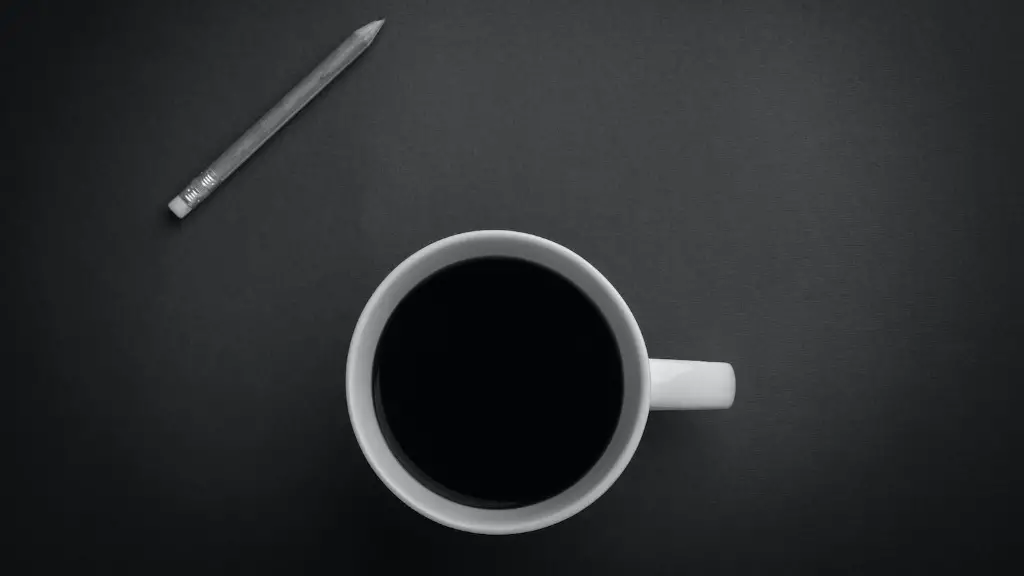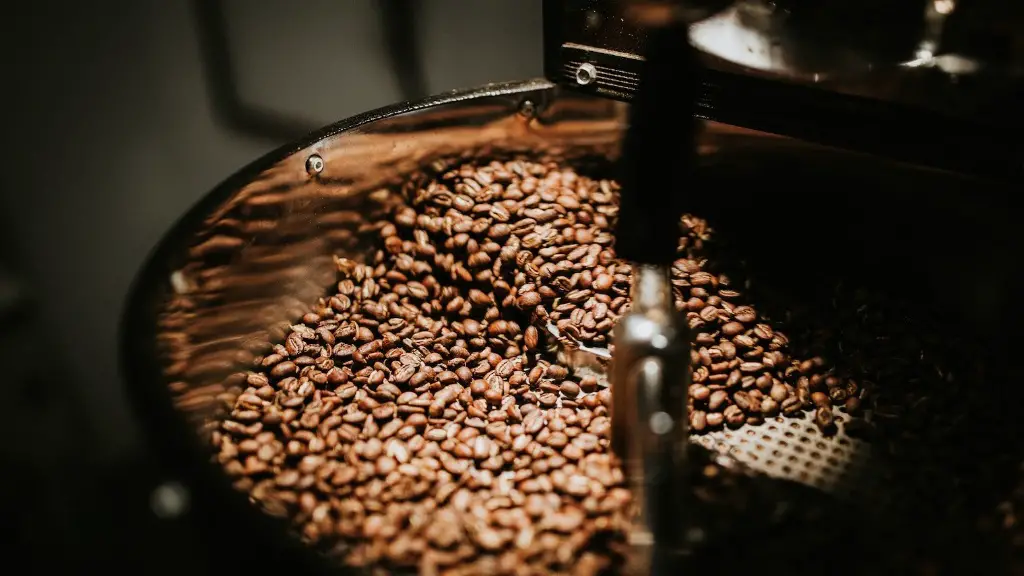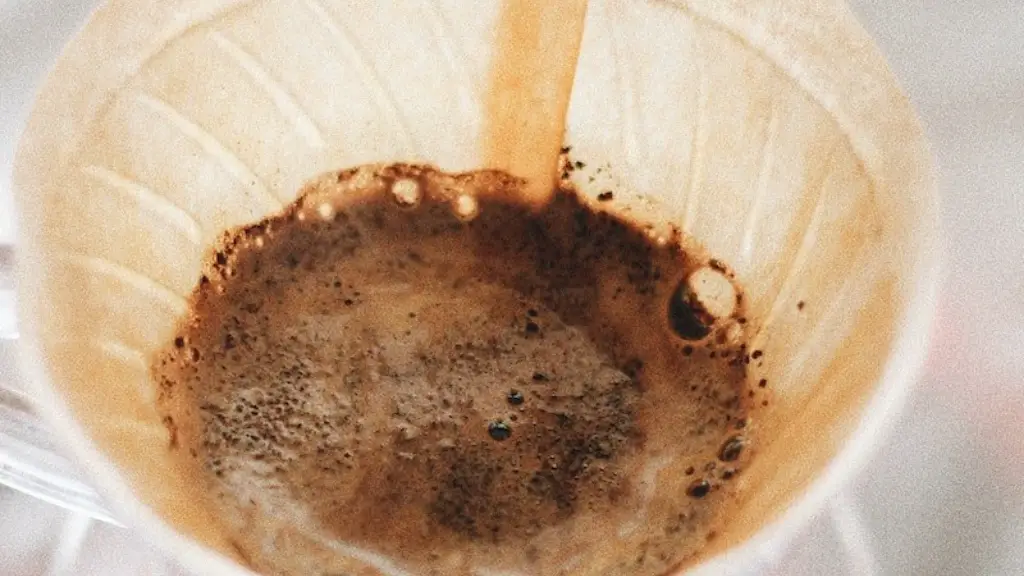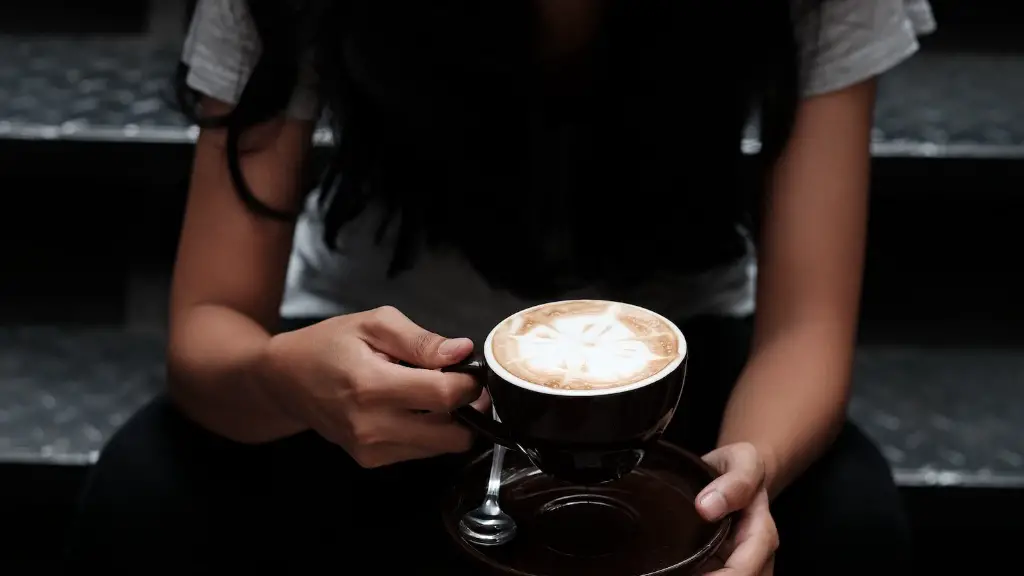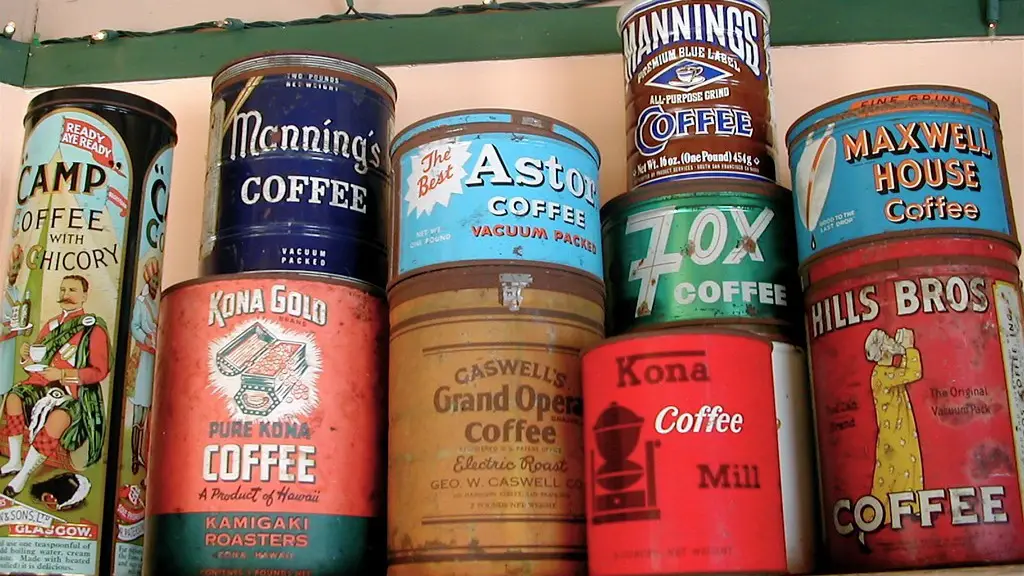The morning coffee is one of the most iconic aspects of morning routines around the world. For most, the pleasure of slowly sipping on the hot cup of joe is the perfect way to kickstart their day. But for some, it can trigger feelings of uneasiness, increased heart rate and sweaty palms. That’s right – some people get anxious after drinking coffee.
We all likely know that coffee contains caffeine, and an overload of caffeine can cause anxiety, but what other factors influence anxious behaviour? To start, anxious individuals react differently to caffeine and other substances in coffee than those who do not struggle with anxiety. Research from the University of Michigan found that it “takes longer for the body to absorb and process caffeine consumed by people with anxiety and panic disorders than it does for those without”. Furthermore, under specific environmental stimuli and emotional stress, drinking coffee could cause feelings of nervousness and panic even if the individual is not already predisposed to anxiety.
Experts point to biological needs of the individual, such as lack of rest or other dietary deficiencies and sensitivities, as potential triggers for anxiety. Dr. David Carbonell, psychologist and founder of The Anxiety Coach, addresses caffeine’s influence on anxiety in his book, ‘The Worry Trick’ – “caffeine can contribute to, feed, or enable anxiety, but it is not the root cause of it.” According to his book, coffee angst likely results from several interconnected issues—some of them are physical and can be addressed through diet and exercise, and some are psychological traits and habits that must be addressed directly.
More recent research from the University of Cambridge found that coffee consumption might not be the direct cause or result of anxiety or panic disorders. Instead, coffee is often used as a way of managing difficult feelings or to cope with difficult situations. Furthermore, John Hopkins Medicine notes that, “results from clinical trials suggest that caffeine does not cause clinical anxiety…certain verbal tasks involving caffeine were associated with increased anxiety, but with no changes or reductions in physical symptoms.”
The Role of Genetics
Not surprisingly, genetics play a significant role in whether or not an individual experiences anxiety after drinking coffee. Scientists at the National Institute on Alcohol Abuse and Alcoholism found that people who have the genetic variant A in their DNA are more likely to feel anxious and jittery after taking in caffeine. They concluded that this is due to the variant’s effect on dopamine production in the brain.
It is important to note that just because an individual has the genetic variant, it doesn’t mean they will experience anxiety – other factors such as ease of daily stress, diet, and lifestyle can mediate its effect or eliminate the feeling altogether. A study from UCLA found that depression and anxiety stem from interactions between the biology of the body and the environment and experiences of the individual, whether genetic or not.
Managing Coffee Anxiety
Although the answer to why some people experience anxiety after drinking coffee is complex, here are some tips to address over-caffeination:
- Limit your caffeine intake to 250-300mg per day.
- Avoid taking caffeine within 3-4 hours of bedtime to avoid hijacking your sleep cycle.
- Choose lighter roasts which contain less caffeine.
- Alternate coffee with herbal teas or green tea.
- Add one teaspoon of honey or coconut oil to your cup of joe to boost relaxation and reduce the overstimulating effects of caffeine.
Exploring Alternative Pathways
The benefits of using coffee to reduce stress, particularly when you’re struggling to get through the day, are well documented. However, anxiety can be a sign of poor lifestyle habits and lack of self-care. So the real question is: Are there alternative ways we can meet those needs?
Going for a walk in the fresh air, having some quiet time to meditate and do yoga or stretching, and listening to gentle music are just some of the non-coffee activities that can be used as a restorative and energy-boosting alternatives.
Dr. Carbonell encourages reworking our habitual patterns and adapting them to a more healthy technique to reduce the risk of becoming dependent on coffee. In his words, “Change the habit, not just the substance.”
Reducing Stress-Related Habits
When it comes to managing anxiety and avoiding coffee-related anxiety, it’s also important to take time to explore and understand the underlying causes of stress-related behaviours. Anxiety can be a side effect of living a fast-paced life, which research suggests can be just as harmful, if not more so, than caffeine consumption.
Managing day-to-day stress can help to reduce coffee-associated anxiety, and there are many stress-reducing techniques that can be practiced such as cognitive, behavioural, or art therapy. Utilizing the diverse range of evidence-based therapies available today can help you to manage stress, improve the quality of your sleep, and increase your overall quality of life.
Conclusion & Moving Forward
Despite the fact that many people around the world rely on coffee as a tool for managing stress, if you’re one of the people that find that coffee causes feelings of anxiety, it could be a sign of something deeper. Taking the time to explore the fact that our coffee habits might actually be a disguise for something else – an escape or attempt to manage an underlying problem – could be the first step towards understanding how to address and reduce the anxiety associated with caffeine consumption.
Recognising the Mind-Body Connection
We understand that there is a direct connection between physical health and our mental wellbeing, and coffee can often serve as a warning sign that our lifestyle needs to change. Even if you don’t experience anxiety after drinking coffee, it’s important to consider what over-caffeination can mean to our mental, emotional and physical health and take steps to address any underlying issues.
When it comes to managing caffeine-related anxiety, it’s important to look at the bigger picture and consider the holistic needs of your mind and body. With a greater understanding of ourselves, we can make informed decisions about the use of caffeine in our lives and take the appropriate steps towards a healthy and balanced lifestyle.
The Art of Mindfulness
Coffee could be viewed as an elixir for some and a stimulant for others, but another way to explore its effects is to practice mindfulness. Meditation and mindfulness can play a centric role in reclaiming the joys of caffeine without the side effects of anxiety. Cultivating such practices can help give insight into our personal patterns and help build a healthier relationship towards sources of stimulation.
By being aware of the influences that coffee has on the body and mind, it is easier to make conscious decisions that prioritize our mental health and manage anxiety-related responses. Using mindfulness techniques such as breathing exercises and being aware of our body’s responses to coffee can help manage anxious feelings and reduce its detriment impact on our lives.
Addressing Personal Management Strategies
Individuals who struggle with anxiety after drinking coffee should focus on their personal management strategies. Those strategies should accompany the physical and mental health needs to yield the best possible results. To do this, we must acknowledge our physical and psychological needs and consider how our everyday habits and activities can support long-term positive wellbeing.
In addition to managing caffeine consumption, this could also involve reducing our overall stress levels, eating a healthy diet, and getting enough rest. Most importantly, it’s vital to take the time to discover and understand our own individual requirements – something that no one else can do for us. In our quest to reduce anxiety after drinking coffee, the best results come from finding a lifestyle that reflects our needs and allows us to feel in control of our own wellbeing.
